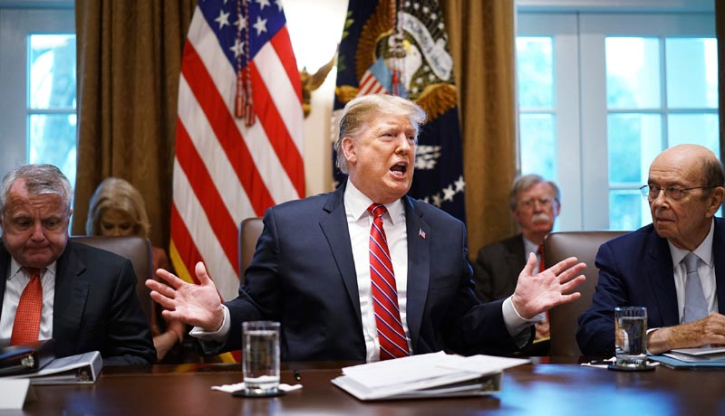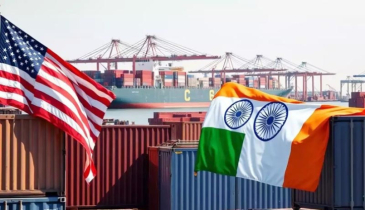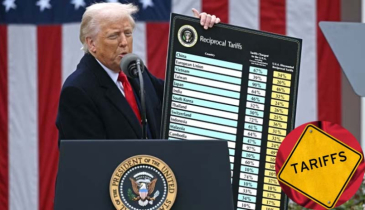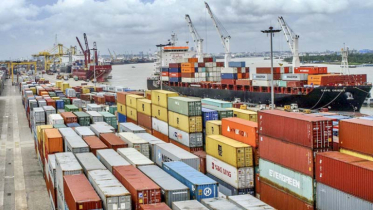Trump launches trade war with tariffs on Canada, Mexico and China

President Donald Trump announced expansive tariffs on imports from Mexico, Canada, and China on Saturday. The decision, enacted through three executive orders, risks inflaming global trade tensions and threatening economic stability, with analysts warning of potential impacts on inflation and international supply chains.
The tariffs—set at 25% for most goods from Mexico and Canada, and 10% for Chinese products—are scheduled to take effect Tuesday. Trump emphasized the measures would persist until the “national emergency” linked to fentanyl overdoses and unauthorized border crossings is resolved. However, the White House offered no specific benchmarks for lifting the duties, leaving ambiguity around resolution criteria.
Retaliatory Responses and Diplomatic Strains
Canada and Mexico, the United States’ largest trading partners, swiftly condemned the move, pledging reciprocal tariffs. Canadian Prime Minister Justin Trudeau unveiled plans to impose 25% duties on155billionin US exports, includinglumber, alcoholicbeverages, and household appliances. Aninitial30 billion in tariffs will commence Tuesday, followed by an additional $125 billion after a three-week interval. Trudeau cautioned Americans to expect higher prices for groceries, fuel, and manufactured goods, urging Canadians to avoid US travel and products.
Mexican President Claudia Sheinbaum announced plans for retaliatory tariffs via social media, directing her economy minister to formalize measures, though specifics remain undisclosed. Both nations affirmed collaboration in countering the U.S. action.
China’s Commerce Ministry condemned the tariffs as “unilateral and punitive,” vowing to challenge the decision at the World Trade Organization while hinting at undisclosed countermeasures. The statement urged Washington to address fentanyl concerns “rationally” and expressed openness to dialogue.
Sector-Specific Impacts and Exemptions
The tariffs include concessions for Canadian energy exports, with crude oil and related products facing a reduced 10% duty—a response to concerns from US refiners and Midwestern states reliant on Canadian supplies. Data from the US Census Bureau highlights Canada’s role as a critical energy partner, with nearly $100 billion in crude oil imports in 2023, representing a quarter of total US purchases from the country.
Automakers are poised to bear significant disruption, as the tariffs target vehicles and components manufactured in Canada and Mexico. The auto sector’s integrated supply chain, where parts often cross borders multiple times during production, faces heightened costs and potential bottlenecks.
Economic Warnings and Political Context
The move fulfills Trump’s longstanding threats to leverage trade policy against allies and rivals alike, despite warnings from economists that such measures could stifle U.S. and global economic growth. Critics argue the tariffs may exacerbate inflation, strain consumer budgets, and destabilize industries reliant on international trade networks.
.png)









